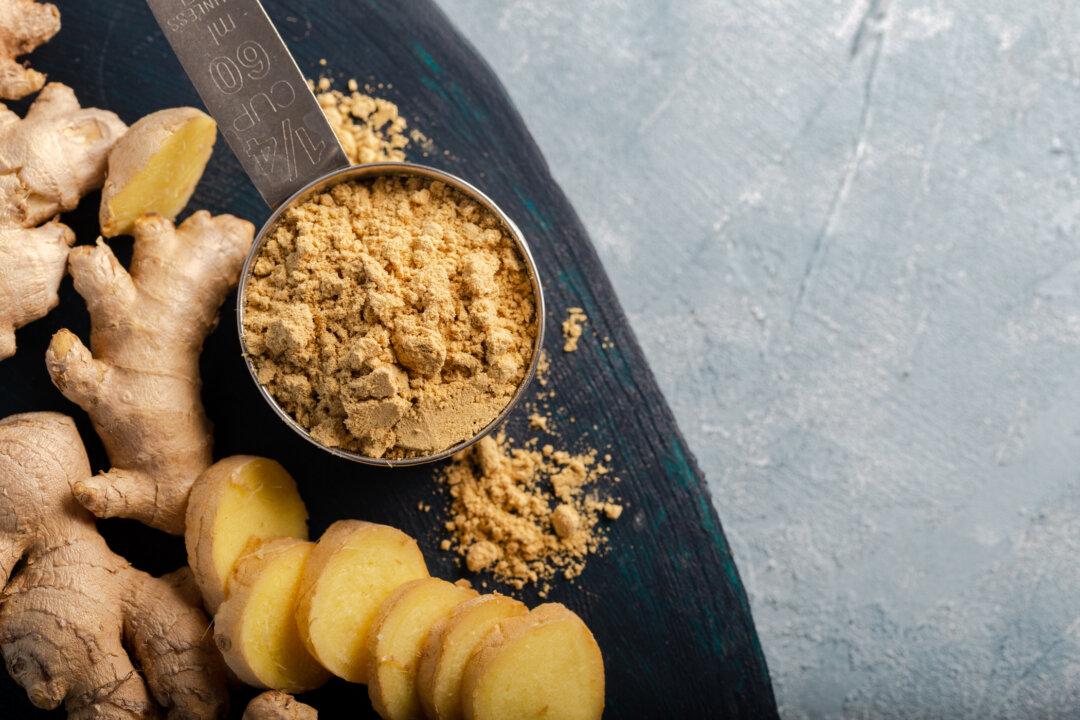Unlike conventional drug treatments for Alzheimer’s disease, coconut oil and water may help resolve some of the root causes of neurodegenerative conditions.
Have you ever noticed that sometimes a food that nourishes a particular organ often looks uncannily similar to it? For instance, the walnut shell and bi-hemispheric flesh look awfully like the skull and brain it is now known to be exceptionally good for. Pomegranate fruit, the actual fruiting ovary of the plant, looks a lot like the mammalian ovary, so too is the case with the head-like coconut, which is increasingly being looked at for preventing and/or improving brain dysfunctions such as Alzheimer’s disease (AD) due to its wide range of potentially therapeutic properties, such as:1) Increasing energy production in the brain by providing neurons an alternative to glucose, namely, the brain-nourishing metabolites of medium-chain fatty acids known as ketone bodies.






